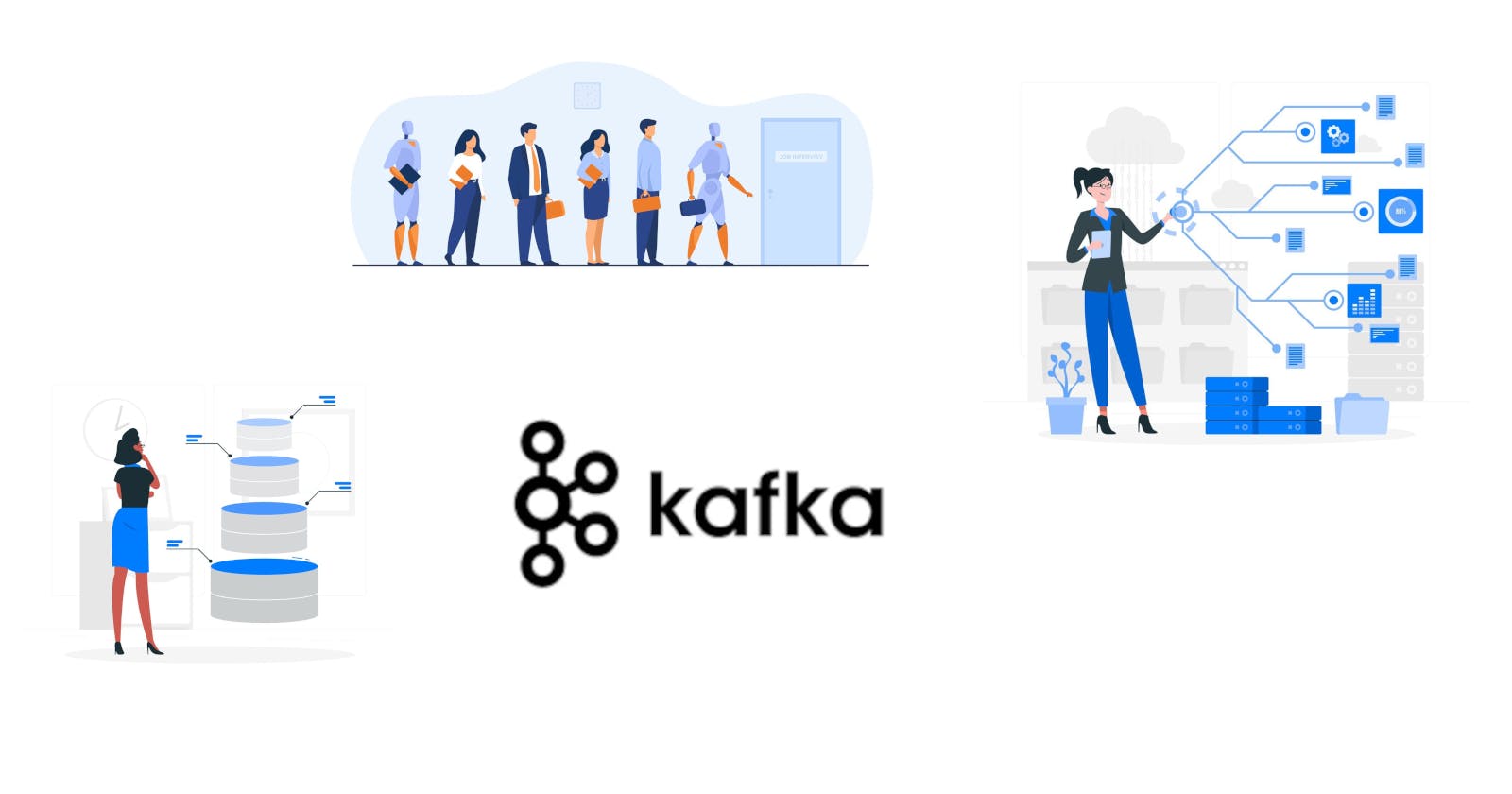Table of contents
Introduction
In the ever-evolving landscape of data, Apache Kafka has emerged as a robust platform designed to handle real-time data streams. Originating at LinkedIn and later open-sourced as a part of the Apache Software Foundation, Kafka has established itself as a fundamental component in modern data architectures. Its core competency lies in facilitating high-throughput, fault-tolerant messaging systems. With the ability to process streams of data in real time, Kafka empowers a wide range of applications, from simple logging services to complex event-driven systems. It's distributed, partitioned, replicated, and inherently designed to scale horizontally, empowering businesses to process data streams at scale seamlessly.
Simpler Explanation
Imagine you have a lot of letters to send out every day, and you need to make sure they all get to their right places fast. Kafka is like a super-efficient post office that can handle lots and lots of letters, sort them, and make sure they're delivered quickly without losing any, even if there are millions of them!
Use Cases
Real-time Analytics: Kafka is used to ingest and process large streams of events for real-time analytics, helping businesses to make timely decisions.
Event Sourcing: It captures changes to application state as a sequence of events which can be stored and later replayed to restore the state of a system.
Logging and Monitoring: Kafka can consolidate logs from different services, making it easier to monitor them in one place for debugging and analysis.
Messaging: Kafka serves as a high-throughput messaging queue that allows for decoupling of data pipelines, handling large volumes of messages efficiently.
Stream Processing: With Kafka, you can build complex real-time stream processing pipelines that filter, aggregate, or transform data streams on the fly.
Kafka Setup Instructions
For a detailed Kafka setup guide, please visit the official Apache Kafka Quick start page, which will walk you through the following steps:
Downloading and extracting Kafka
Starting the Kafka environment (Zookeeper followed by Kafka server)
Creating your first topic
Producing and consuming your first message
Go Example
To produce and consume messages from Kafka using Go, you can use the popular confluent-kafka-go library. Here's a quick start:
package main
import (
"fmt"
"github.com/confluentinc/confluent-kafka-go/kafka"
)
func main() {
p, err := kafka.NewProducer(&kafka.ConfigMap{"bootstrap.servers": "localhost"})
if err != nil {
panic(err)
}
defer p.Close()
// Delivery report handler for produced messages
go func() {
for e := range p.Events() {
switch ev := e.(type) {
case *kafka.Message:
if ev.TopicPartition.Error != nil {
fmt.Printf("Delivery failed: %v\n", ev.TopicPartition)
} else {
fmt.Printf("Delivered message to %v\n", ev.TopicPartition)
}
}
}
}()
// Produce a message
topic := "myTopic"
p.Produce(&kafka.Message{
TopicPartition: kafka.TopicPartition{Topic: &topic, Partition: kafka.PartitionAny},
Value: []byte("Hello Kafka!"),
}, nil)
}
Python Example
For Python, confluent-kafka-python is an excellent client. Here's an example snippet:
from confluent_kafka import Producer
p = Producer({'bootstrap.servers': 'localhost'})
def delivery_report(err, msg):
if err is not None:
print('Message delivery failed: {}'.format(err))
else:
print('Message delivered to {} [{}]'.format(msg.topic(), msg.partition()))
# Asynchronous message production
p.produce('myTopic', 'Hello Kafka!', callback=delivery_report)
# Wait for message delivery
p.flush()
Conclusion
Kafka's remarkable ability to handle real-time data makes it an indispensable tool in numerous domains - from finance to social media, IoT, and beyond. Its architecture offers the versatility to cater to various use cases, making it a cornerstone for businesses that rely on timely and reliable data processing. Whether you're using Go, Python, or any other programming language, integrating Kafka into your systems can be done with ease. As more companies move towards real-time data processing and analysis, Kafka's importance is only set to grow.

